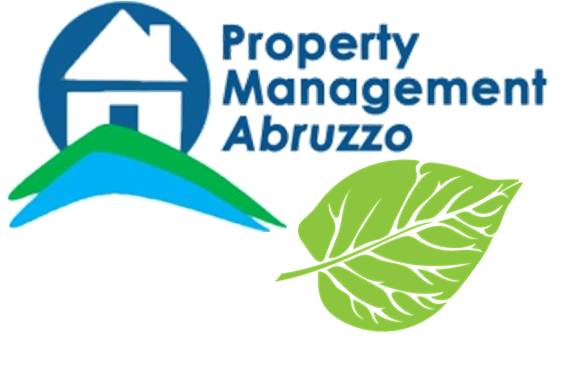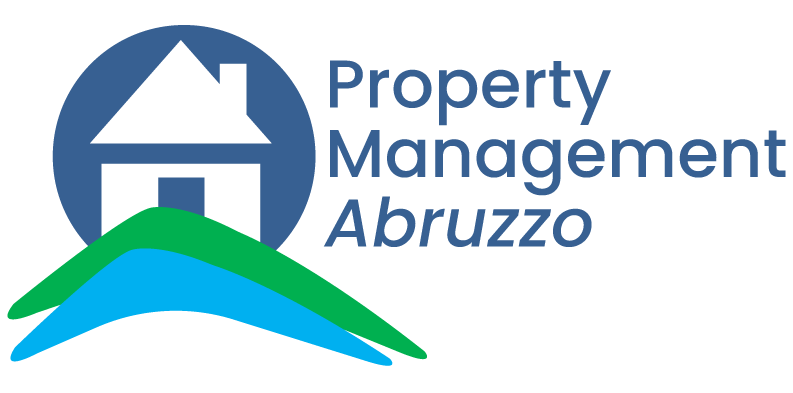Abruzzo – Green Economy
We being talking about it for decades now, but what exactly is the green economy? Let’s try to make things a bit clearer.
The green economy is a theoretical model of economic development, which takes into consideration the impact that human productive activities have on the environment: a series of public and private interventions, within the most varied industrial, commercial and agricultural actions aimed at having a greater energy efficiency in order to reduce carbon dioxide emissions and consequently preserve the environment.

In the perspective of green economy, the environment becomes a factor of development and economic growth for the human being and no longer something to be tamed or kept under control, trying to reach the goal of the so-called “sustainable development”.
One of the human activities that has always had a very strong impact on the most diverse habitats is, undoubtedly, agriculture; since men started to grow plants and breed animals, moving from companies of nomadic hunters / gatherers to settled farmers / farmers companies, a considerable part of planetary surface has been transformed, manipulated, distorted: grasslands transformed into immense mono cultures, forests cut down to make pastures, reclaimed swamps to exploit highly fertile land, etc., and it has only been a few years since, we began to realize that these destructions and transformations are anything positive for our future development; in the agricultural and livestock sector, more attention has been paid to the impact of agricultural activities on the environment, to the review of the use of chemistry, to the awareness of greater respect for natural balance.
Thus was born, on this basis, the so-called “organic agriculture” which is nothing but a sustainable agriculture that integrates local natural resources and biological processes, to restore and improve soil fertility, promote a more efficient use of water, increase the biodiversity of crops and livestock, reduce the use of chemicals for pest and pest management and promote employment within small-scale farms.
This type of agriculture, which is not a simplistic return to the good old days, but a set of techniques based on solid scientific principles, which make use of the most recent and modern naturalistic knowledge, could perhaps be one of the few restraints on the impoverishment of the territory and its “waterproofing” with the continuous expansion of urbanized areas with all the inevitable corollary of cementification, wild asphalting, groundwater pollution; usually these expansions are to the detriment of ancient agricultural territories, by now abandoned, but in any case remained incorporated in a natural system of wildness. By recovering those lands with new organic farming enterprises, cementification will be avoided and a sustainable system for the supply of foodstuffs developed from chemical pollutants will be developed.
“Far organic” in Abruzzo is naturally easy. We are the greenest region of Europe, the largest naturalistic area of the old continent since one third of the territory is bound by protected areas, with three national parks, a regional park with over 30 nature reserves (state and regional) and numerous protected areas. Today in Abruzzo, you can count about 2000 organic farms for a total area of about 40 thousand hectares. In our region, we have a healthy environment, very little polluted because our farmers have always had a special care in working the land in order, to make the most of their fertility.
In this perspective of naturalistic conservation, the activity of buying and renovating ancient rural buildings is also fully inserted. It is evident, that if you want to enjoy the natural and landscape beauties of a particular place, you should not contribute to adding cement in the form of new buildings, but simply in exploiting the existing ones, also contributing to the preservation of ancient historical evidence cultural.
Taking possession of an old farmhouse in the mountains and wooded hills of Abruzzo, adapting it to the needs of modern life by applying all the most up-to-date energy production systems, is a great help for environmental sustainability, if we consider that in this way we avoid the decadence of that property, with the consequent inevitable contamination of the environment, reclamation of a rural area otherwise destined to abandonment and degradation and in addition, it will be possible to benefit from a human and natural environment of extreme beauty and serenity.
After all, we can really equate the building renovation of rural buildings with the principles of organic farming as it avoids the dispersion of pollutants; it allows us to repossess it.
Dott. Sergio A. Morales, MBA – CEO Property Management Abruzzo

Recent Comments